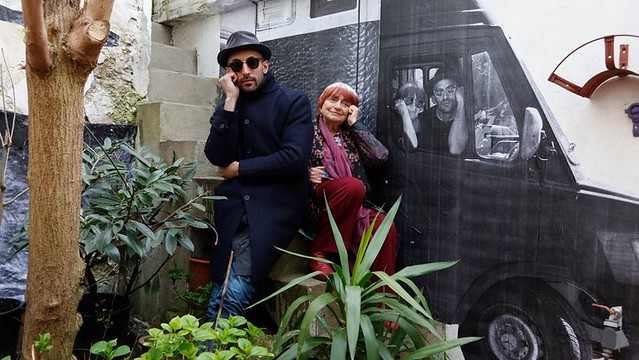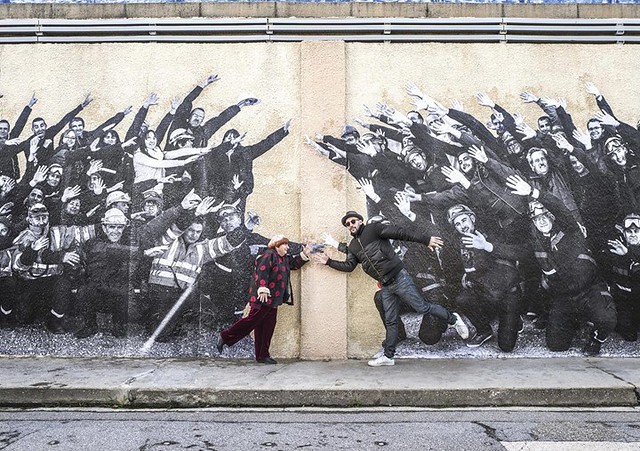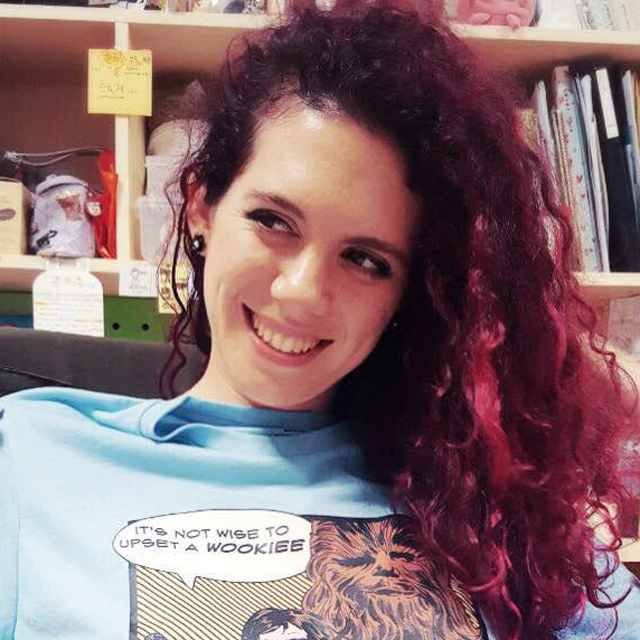Si è inaugurato giovedì 31 maggio il 20th Seoul International Women’s Film Festival che festeggia con felicità il lungo percorso evolutivo e di sostegno verso tutte le donne, facenti parte dell’industria cinematografica e non.
È stato fondato nel 1997 e ha visto la sua prima edizione proprio il 1 aprile dello stesso anno divenendo il secondo festival internazionale coreano (il primo ad essere fondato è stato il Busan International Film Festival nel 1996). Concentrandosi su film fatti da donne, per le donne e che parlano di donne, il Seoul International Women’s Film Festival è diventato uno dei festival del cinema femminile più importanti e fondamentali al mondo, portando avanti una positiva visione del ruolo della donna e dei suoi valori. Un festival dove la maggior parte dello staff, dei volontari e dei presentatori è donna. Inoltre, questo festival è un ponte che connette le donne e l’industria cinematografica in Corea con altre parti dell’Asia e di tutto il resto del mondo.
La cerimonia d’apertura si è svolta all’Oil Tank Culture Park, dove un palco e un grande schermo sono stati allestiti per l’occasione. Il film che ha inaugurato la ventesima edizione del festival è stato Faces Places (titolo orginale, Visages Villages, che in italiano viene tradotto come ‘volti, villaggi’), road movie-documentario di Agnès Varda e JR. La prima è una grande cineasta e importante esponente della Nouvelle Vague francese, di anni ne ha 90 ma ha ancora l’energia di un’adolescente, con il suo caschetto bicolore (perché come confessato, ama i colori) e lo zainetto in spalla affianca il trentacinquenne JR, street artist che si concentra sulla tecnica del collage fotografica. Su di un furgoncino che sembra una grande macchina fotografica (e in realtà lo è!) i due artisti attraversano la Francia da Nord a Sud con l’obiettivo di incontrare persone, in aree non affollate di turisti, e di raccontare le loro storie tramite la fotografia. È un tributo alla vita quotidiana, riconoscono l’importanza dei lavori che ai più sembrano umili e insignificanti e la espongono in grande sulle facciate delle case, sui muri delle fabbriche, su cisterne, container ma anche treni. E il film serve a testimoniare questo lavoro e raccontare a parole anche le storie delle persone che i due registi hanno incontrato. Proprio come lo slogan del Seoul International Women’s Film Festival afferma, See the World through Women’s Eyes!
Agnès Varda, che è stata la prima donna regista ad aver ricevuto l’Oscar alla carriera, purtroppo non è potuta partecipare al festival ma ha comunque lasciato un divertente video-messaggio per gli spettatori, in cui JR è stato impersonato dal suo gatto.
Il festival si svolgerà dal 31 maggio fino al 7 di giugno mostrando lavori di donne registe che provengono da tutte le parti del mondo.
ENGLISH
The 20th Seoul International Women’s Film Festival has been inaugurated on Thursday, May 31, celebrating with happiness the long evolutionary path and support for all women, both part of the film industry and not.
It was founded in 1997 and saw its first edition on April 1 of the same year becoming the second international Korean festival (the first one to be established was the Busan International Film Festival in 1996). Focusing on films made by women, for women and about women, the Seoul International Women’s Film Festival has become one of the most important and fundamental women’s film festivals in the world, bringing forward a positive vision of the role of women and their values. A festival where most of the staff, volunteers and presenters are women. Furthermore, this festival is a bridge that connects women and the film industry in Korea with other parts of Asia and the rest of the world.
The opening ceremony was held at the Oil Tank Culture Park, where a stage and a big screen were set up for the occasion. The film that inaugurated its twentieth edition was Faces Places (original title, Visages Villages), road movie-documentary by Agnès Varda and JR. The first is a great filmmaker and important exponent of the French Nouvelle Vague, she is 90 years old but still has the energy of an adolescent, with her two-colored bowl hair cut (because as she confessed, she loves colors) and the backpack on her shoulder flanks the thirty-five-year-old JR, a street artist who focuses on the technique of photographic collage. On a van that looks like a big camera (and actually it is!) the two artists travel across France from North to South with the aim of meeting people, in areas not crowded with tourists, and telling their stories through photography. It is a tribute to everyday life, they recognize the importance of the jobs that most people consider humble and insignificant and they expose this everyday life on a large scale, on the facades of houses, on the walls of factories, on cisterns, containers but also trains. And the film serves to witness this photographic work and to tell in words also the stories of the people that the two directors have met. Just as the slogan of the Seoul International Women’s Film Festival states, See the World through Women’s Eyes!
Agnès Varda, who was the first female director to receive an Oscar for her career, unfortunately could not take part in the festival but left a funny video-message for the audience, in which JR was played by her cat.
The festival will take place from May 31st until June 7th showing works by women directors who come from all over the world. Do not miss it!



